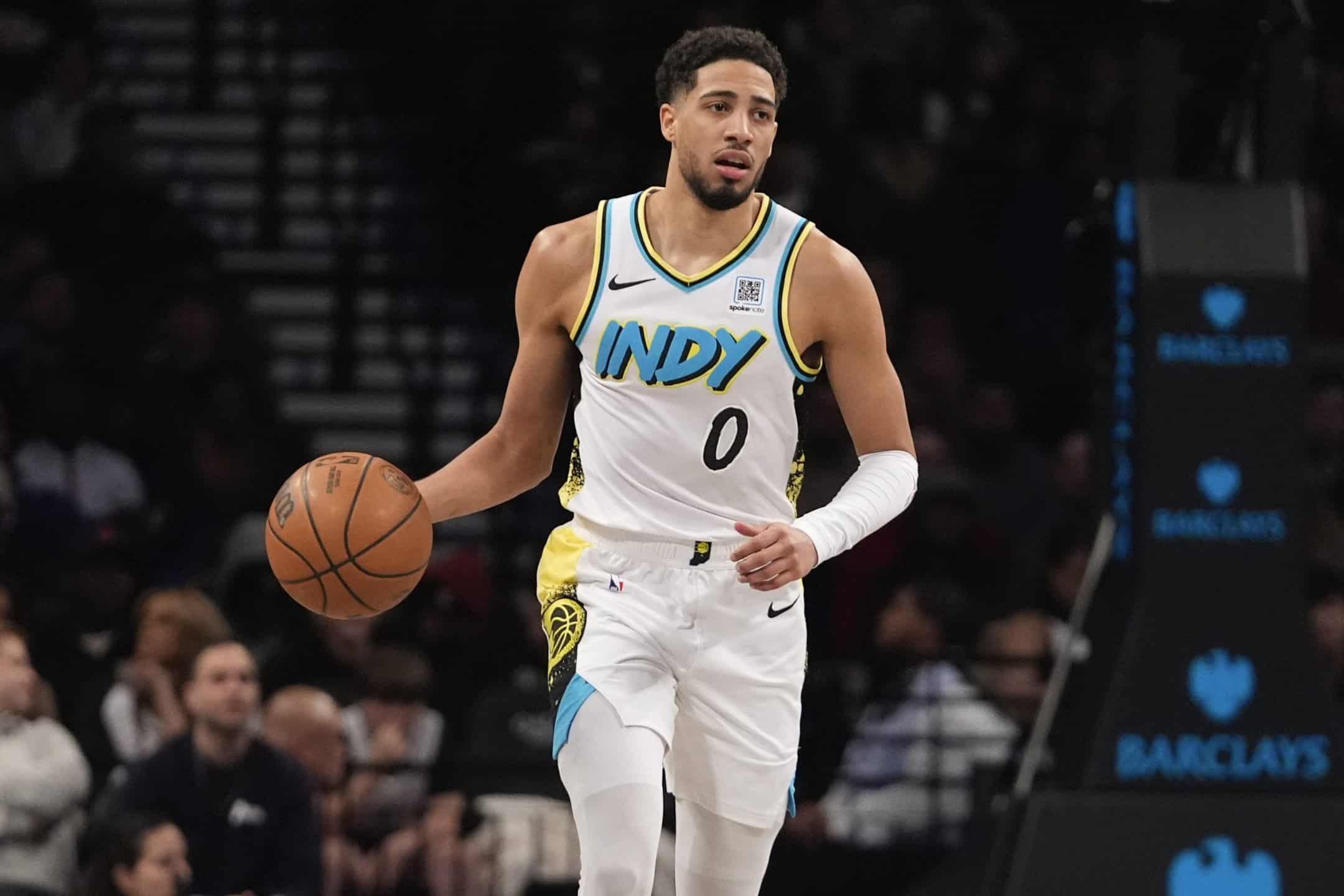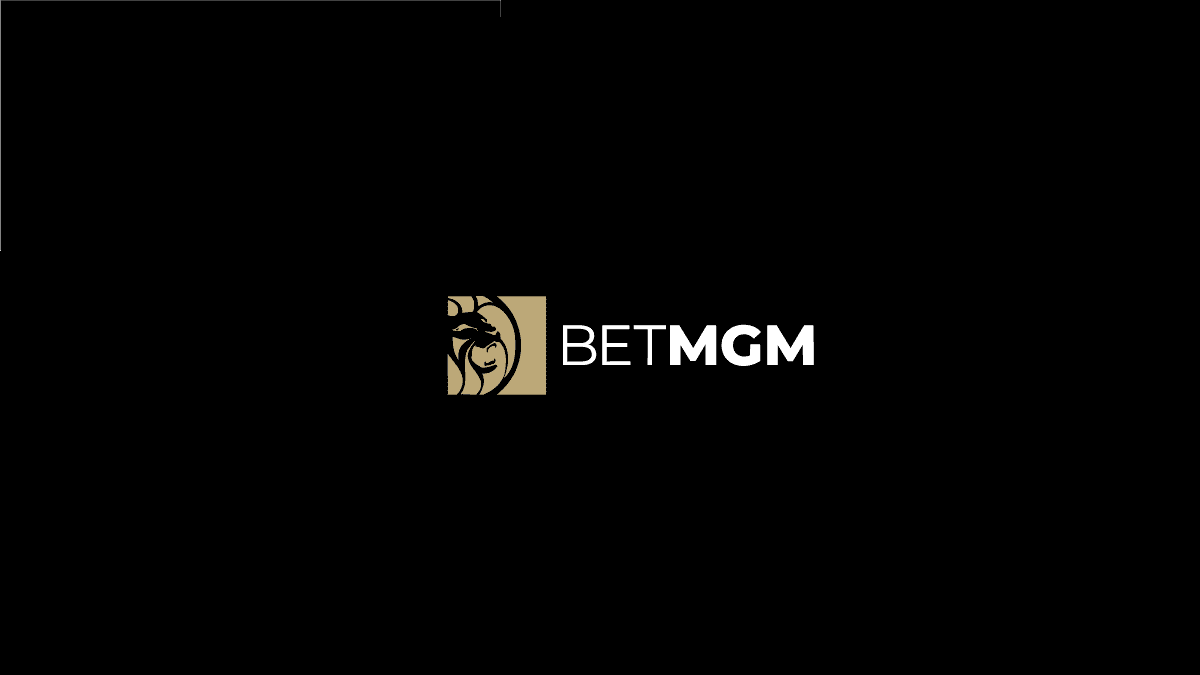Market sentiment in sports betting plays a crucial role in shaping odds. Public perception is often driven by media narratives, recent games and biases, which can create market inefficiencies that sharp bettors exploit for profit. By understanding how sentiment influences the market, you can identify mispricings and capitalize on +EV bets. In this article, we’ll explore how betting against public opinion and exploiting market overreactions can lead to long-term success.

Boost your bankroll and maximize long-term profits with Portfolio EV. Start identifying more +EV bets with a FREE TRIAL — visit our Portfolio Betting page today!
Market Sentiment in Sports Betting: Public Overreactions
Market sentiment refers to the collective opinion of the betting public on a particular event. When a team or player becomes overhyped due to recent success or a compelling storyline, the influx of public money can shift odds away from their true probability. Conversely, teams perceived as struggling may see their odds inflated beyond their actual chances of winning.
Sportsbooks set initial odds based on their models but adjust them according to betting volume. Public bettors often make decisions based on emotions rather than objective analysis, leading to exploitable inefficiencies.
Betting Against Public Opinion
One of the most time-tested strategies in sports betting is fading the public. This approach involves betting against heavily backed teams or outcomes, assuming that public sentiment has pushed the line away from fair value. The rationale is simple: When the majority of casual bettors align on one side, sportsbooks adjust the odds to balance their liability, often creating value on the other side.
For example, if the Dallas Cowboys win multiple games in a row, public enthusiasm may drive their odds shorter than they should be. By betting against them when their value is overinflated, you position yourself to capitalize on market inefficiencies.
Exploiting Market Overreactions
Market overreactions occur when oddsmakers adjust lines too drastically in response to recent events. Savvy bettors recognize when a price move is based on public sentiment rather than actual probability and seize the opportunity to bet the other way.
A classic example is Super Bowl XLVIII, when the Denver Broncos, led by MVP Peyton Manning, entered as heavy favorites against the Seattle Seahawks. The public backed Denver overwhelmingly due to their record-breaking offense, pushing the line further in their favor. However, sharp bettors recognized the market’s overconfidence in the Broncos and bet on Seattle, who ultimately dominated the game 43-8.
Another instance occurred in the 2015-16 English Premier League season when Leicester City, originally listed at 5000-1 to win the title, were undervalued deep into the season despite winning over and over again. Public sentiment dismissed their success as unsustainable, keeping their odds artificially high. Those who identified the mispricing early secured massive value.
How to Identify and Exploit Market Biases
To effectively exploit market sentiment, follow these key principles:
- Monitor Line Movement – Identify games where odds shift dramatically due to public betting rather than fundamental changes in team strength. If a line moves heavily in one direction without substantial injury or strategy news, it could indicate public bias.
- Compare Sharp vs. Public Money – Use Portfolio EV to track where the sharp money is going. If most bets are on one side but the larger money is on the other, it’s often a sign of public bias creating value.
- Look for Overvalued Favorites and Undervalued Underdogs – High-profile teams often attract public money regardless of true probability. Betting on undervalued underdogs in these situations can yield long-term profit.
- Ignore Media Narratives – Sports media often amplifies public sentiment, reinforcing biases. Avoid betting based on hype and instead focus on objective data.
Conclusion
Market sentiment in sports betting is a powerful force that creates both opportunity and risk. By understanding how public perception shapes odds, you can position yourself to profit from market inefficiencies. Betting against public opinion and exploiting overreactions requires discipline and the ability to separate emotion from analysis, but those who master these concepts can achieve sustained betting success.
Next time you see an overhyped team or a market shift based on public overreaction, take a step back, assess the true probability and look for the value play. That’s how sharp bettors stay ahead of the game.





























